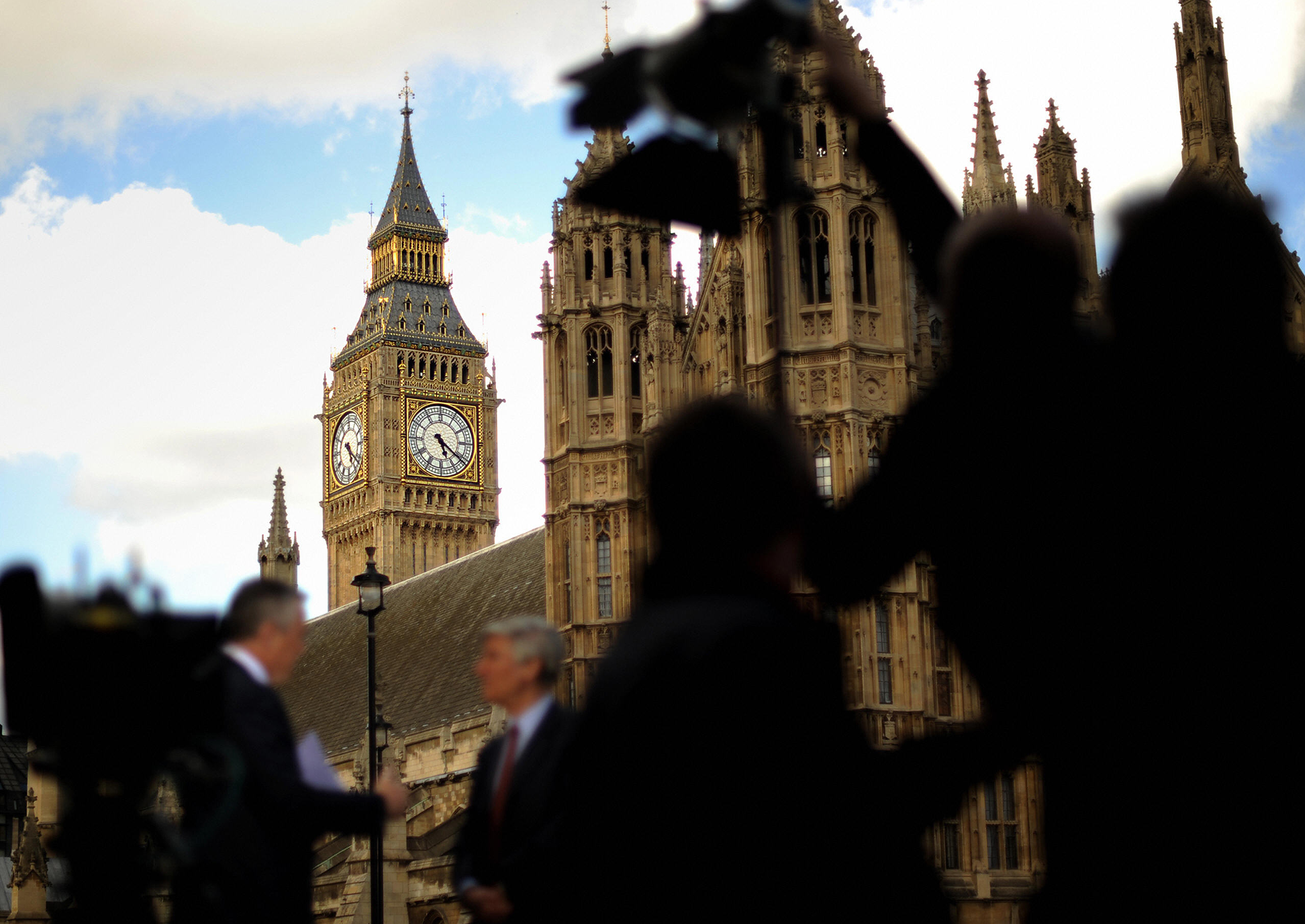You don't have to seek psychiatric help if you're a politician, but why wouldn't you?
Alastair Campbell is right to say that politicians should get counselling, but in the cutthroat world of Westminster it's a difficult decision to make

Imagine being a politician. Aside from the long hours and intense pressure, almost every single decision you make is scrutinised by the public, and if it’s the wrong one it could spell disaster for your career. Think of a time you've messed up at work, and how you've felt. Then imagine that the mistake you've made is one of the top bulletins on that evening’s news, or on the front pages of the following day’s papers.
With this in mind, it’s no wonder that former Blair spin doctor Alastair Campbell said that politicians should seek psychiatric help in an interview this weekend, saying that “100 per cent” of politicians could benefit from some form of counselling.
However, getting politicians to accept that they might benefit from psychiatric help is never going to be easy. Campbell revealed that when he suggested counselling to Tony Blair at the height of his feud with Gordon Brown, the former PM shot down the idea: “I am prepared to think out of the box. But not that far.” The reason, according to Campbell? Politicians’ fear of headlines like “PM sees a shrink”.
The Sunday Telegraph proved his point by running as its headline: “Ed Miliband needs a shrink, says Alastair Campbell”. This was clearly meant as a dig at Miliband. However, the twisting of words to fit a political agenda was underscored by the assumption that “needing a shrink” was something for which a politician should be attacked. However, receiving therapy shouldn’t be seen as demeaning for anyone.
This is especially the case for politicians, who exist in the strange, competitive world of Westminster, where they have to watch their backs and play the political game. Rather than being way out of “the box”, the idea that they would benefit from counselling seems completely sensible. If they were to seek help and be mindful of their mental health, they would therefore be more able to do their job – so much the better for all of us.
The 2013-14 National Attitudes to Mental Illness survey found the greatest improvement in public attitudes to mental health in a decade, and this is already starting to be seen in the political world.
Campbell himself has been one of the most determined voices in pushing for a public conversation around mental illness by talking about his own struggles with depression and alcoholism. Additionally, in the past few years Labour MP Kevan Jones has spoken about his depression; Tory backbencher Charles Walker has explained how his OCD compels him to do everything four times; and Tory MP Sarah Wollaston has talked about her experiences of post-natal depression.
By calling for counselling for all MPs, Campbell has highlighted that there is no clear divide between the “mentally ill” and everybody else. Wherever anybody is on the mental health spectrum at any given time, and whether they have a diagnosed condition or not, it is likely that therapy would help them to deal with challenges in their professional and personal life.
This is something MPs are starting to recognise. In fact, over 100 MPs, peers and parliamentary staff have taken part in mindfulness meditation programmes inside Parliament in the past year, and have later credited mindfulness with helping them with negotiations, speeches, and fear of failure.
The stigma attached to mental illness has slowly started to melt away, but the political establishment should take the lead in embracing and normalising the idea of counselling. Perhaps one day, the headline “PM sees a shrink” will be so banal that it won’t even make the morning papers.


Join our commenting forum
Join thought-provoking conversations, follow other Independent readers and see their replies